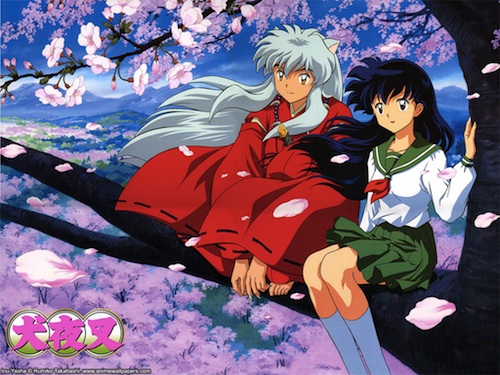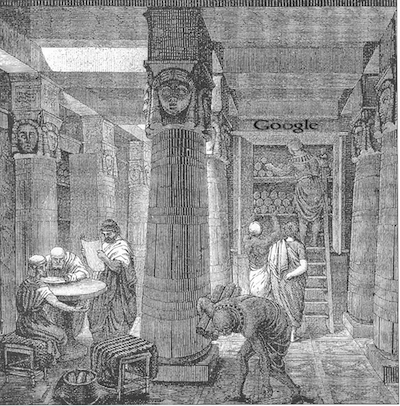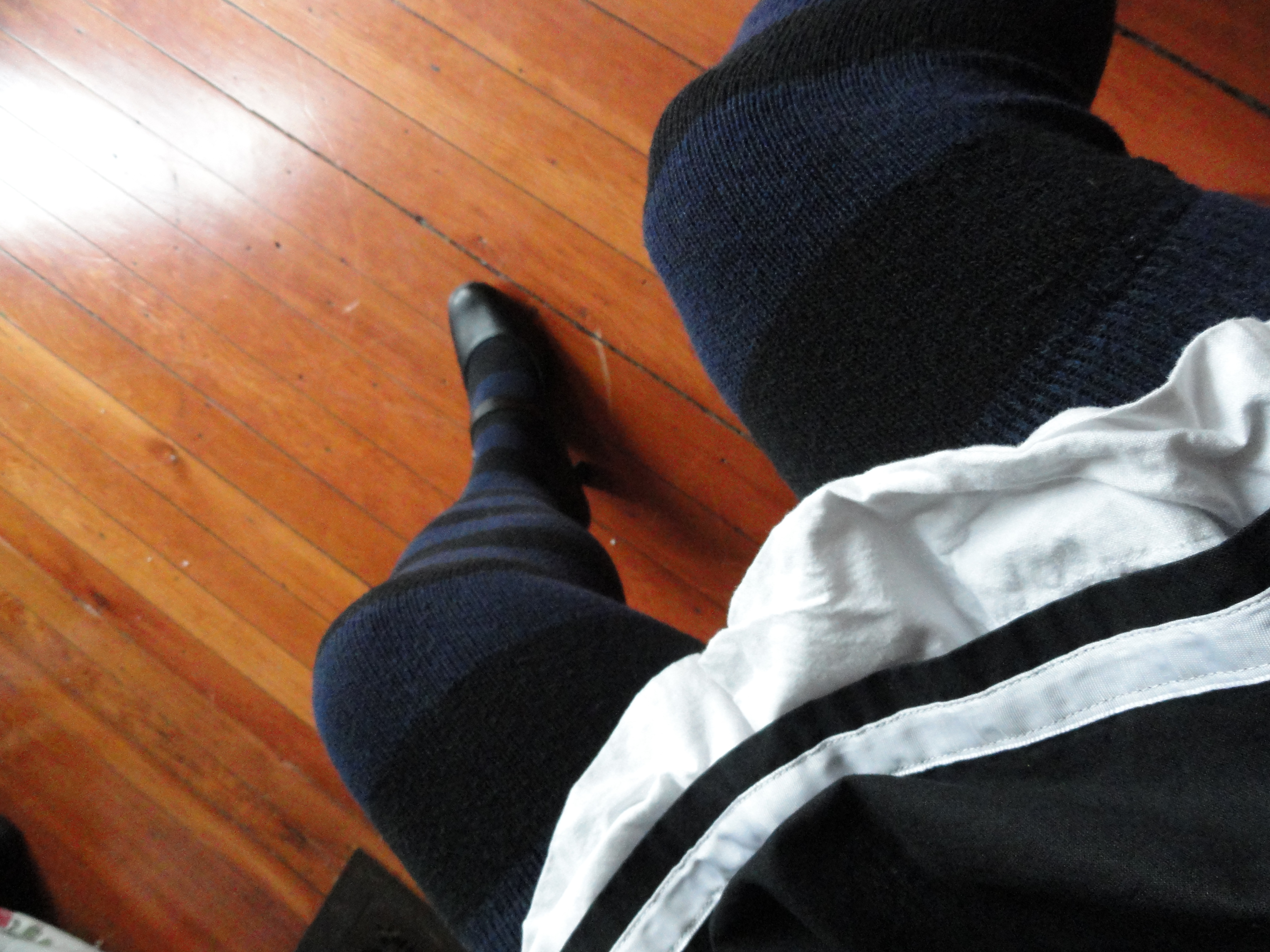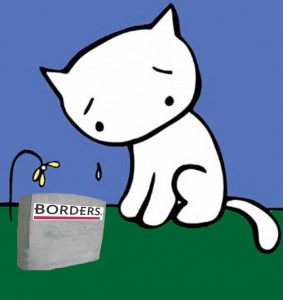As I was ironing my shirt this morning I found myself thinking about Rumiko Takahashi, the creator of the popular Inuyasha manga and anime series. A song from one of the Inuyasha movies was playing on my iPod and I was remembering how much I’d enjoyed that series and how it would be fun to meet the Takahashi-san some day.
I’ve never been all that big into getting autographs, but with so much of my reading being in digital format now, including manga, the question arises of what exactly would I give the author to sign? Inuyasha is now available in digital format via the Viz manga app. It’s a long series that was a hard to follow in print because the releases were a bit sporadic, and now with the collapse Borders and the general deflation of the printed manga market in the U.S., it’s even harder. So Viz’s digital releases have given me a new opportunity to enjoy the full series in its original format. But what do I give the manga-ka to sign?
Signing my iPad would probably not be such a good idea, but buying an Inuyasha poster or wall scroll for this purpose would. An author of a popular established series will have plenty of merchandise that can serve this purpose. As the eBook becomes the primary publication medium, I think even new authors will need to have something to sign. Merchandising isn’t just for the big shots anymore. There are already a number of companies that manufacture customized merchandise of all sorts at reasonable prices. A simple postcard featuring the cover of their book or a personal portrait would be a good start for what will hopefully be a growing fanbase. After that, the sky’s the limit so plan for success now!




